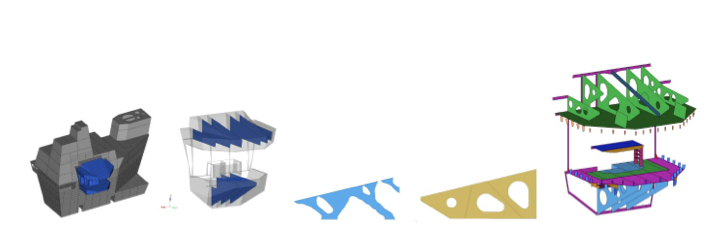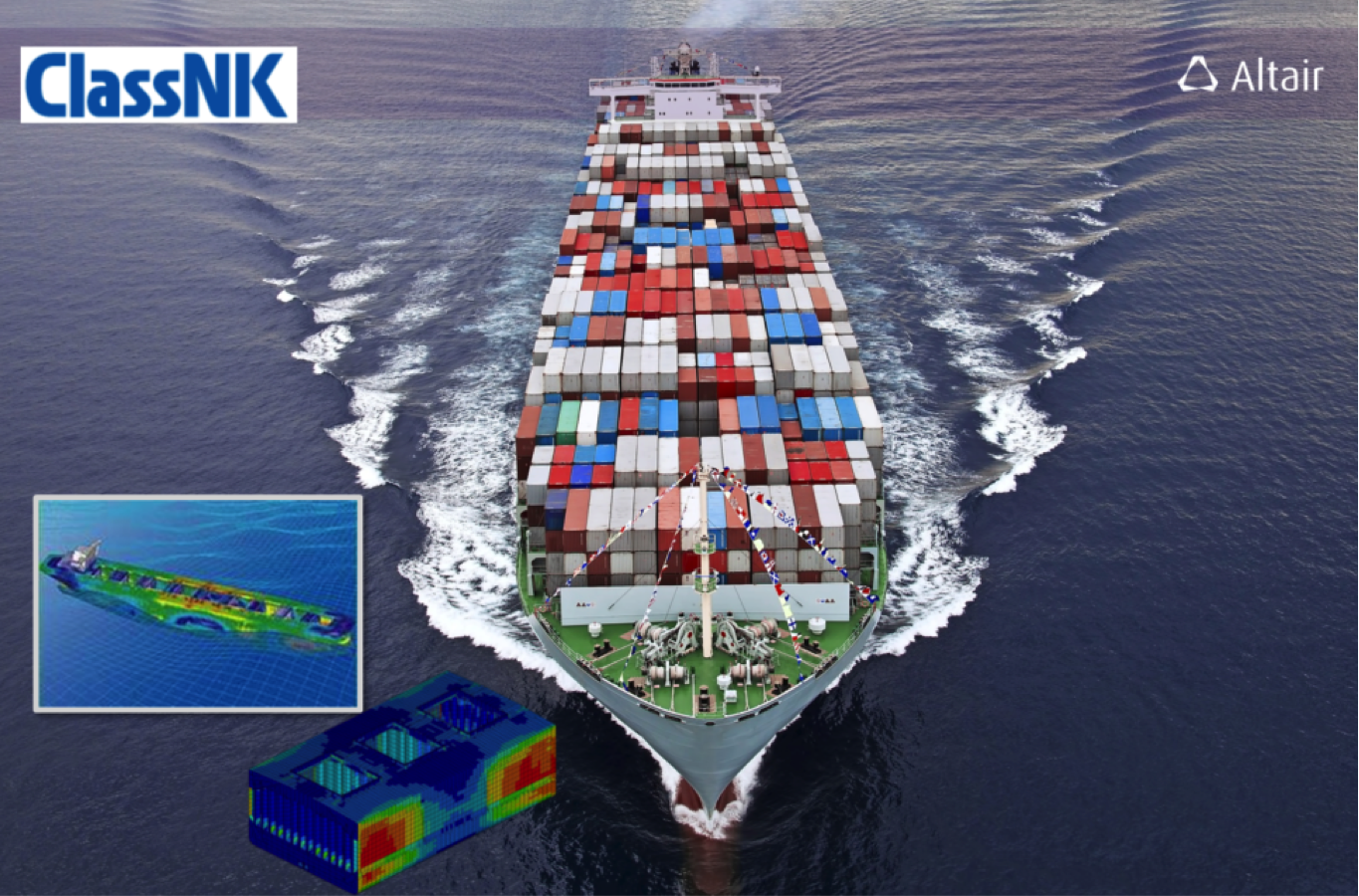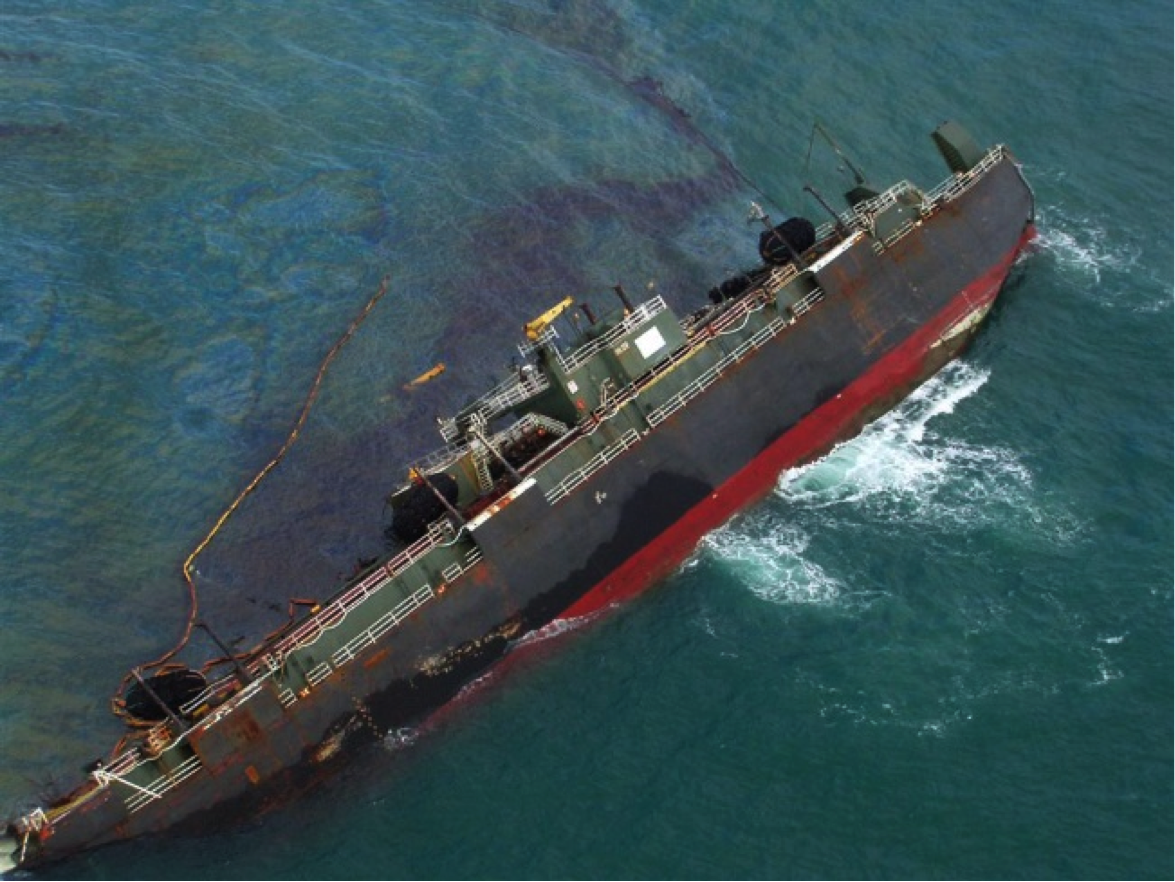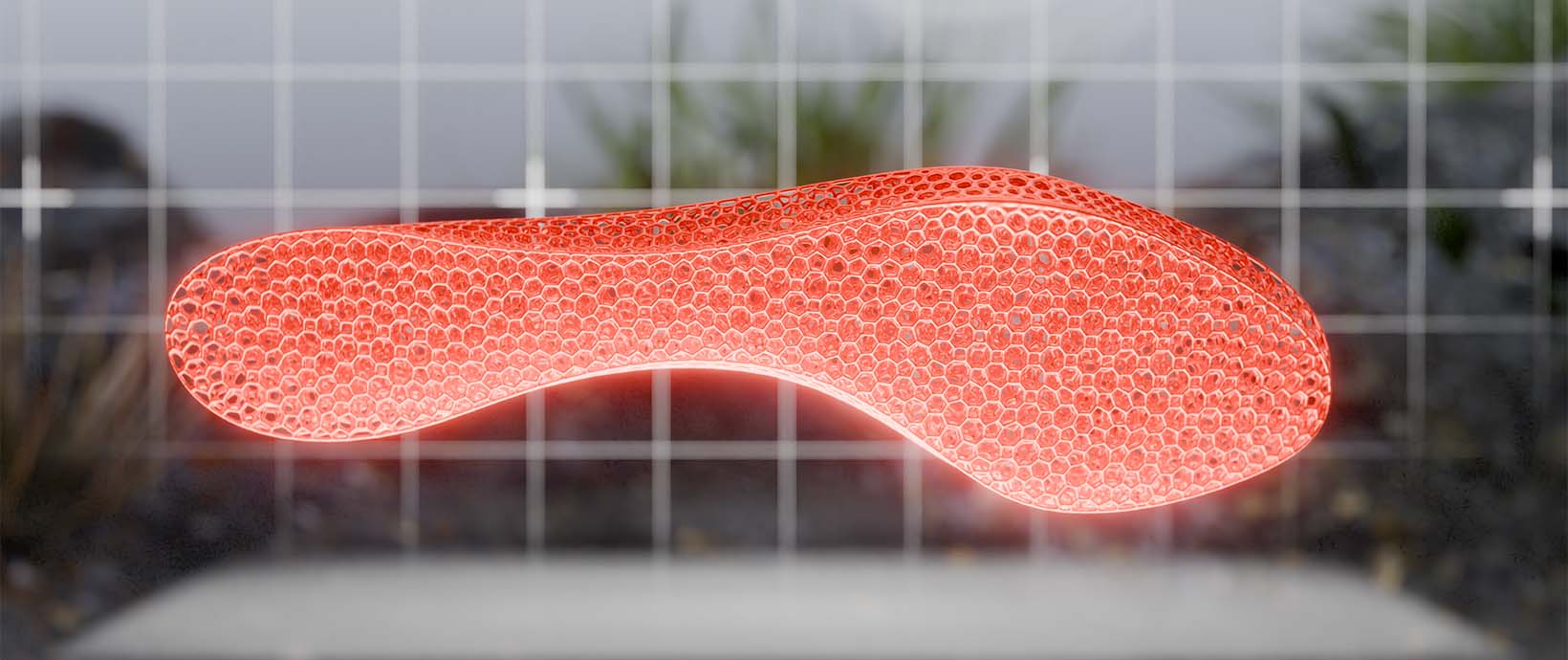Thought Leader Thursday: A Safer, Greener, and Smarter Maritime Industry
The average person on the street would know a good deal about industries like automotive or electronics, since these industries seem to impact our daily lives – we drive cars and use electronic gadgets every day. Comparatively, very few people would think they know much about the maritime industry because it seems far removed from our daily lives. However, you actually come in contact with it every day. Take a look around you now and pick up any object you see: a pen, a book, a mug, or even your phone. You might not realize it, but that item most likely has spent some time at sea.
Today, about 90 percent of everything we consume is still transported by ship. From electronics to produce, cosmetics to crude oil, liquefied natural gas to cars, these resources reach us by ship. The globalized economy we enjoy today would not exist without the maritime industry!
We also enjoy our freedom and security largely due to the maritime industry. National Navies play a critical role for defense and world peace that affect every one of us. Many of us may not realize that Navy ships like the aircraft carrier are some of the most sophisticated high-tech engineering masterpieces ever created.
I still remember years ago when I first watched an engineering show about an aircraft carrier at a US navy shipyard. I was completely amazed to see such an awe-inspiring engineering achievement with all the highly sophisticated technologies that goes into it. The most recent aircraft carrier soon to become operational is the Queen Elizabeth Class Aircraft Carrier for the Royal Navy. Watch this video from BAE Systems talking about the greatest challenges in creating this engineering marvel:
https://www.youtube.com/watch?v=yg_2wiRwN08
We are very proud that the Aircraft Carrier Alliance selected Altair as Structures Design Solutions Partner for designing the Queen Elizabeth Class Aircraft Carrier. Our engineering team applied our simulation and optimization technology to the structural design to identify optimum designs and meet complex Navy ship requirements and classification rules.


Simulation technology is not only being applied to the most complex navy ship designs, but also to commercial ship design and engineering. All commercial ships, from bulk carriers to tankers, need advanced technology to guarantee its safety and reliability.
We all know that ship accidents can cause devastating oil spills that pollute the marine environment and have horrendous long term impact on ecosystems. If you’ve seen any of the images or videos after one of these events, you can never forget them. The impact on the marine ecology and our earth seems unfathomable, and the sadness profound.
To prevent more accidents and further damage and pollution, the maritime industry has been going through rapid changes, including introducing digital design and advanced technology to ensure ship robustness and safety. The goal is to create a safer, greener, and smarter maritime industry. Recently, the industry regulations have been reinforced with even tighter requirements. This is why the Harmonized Common Structural Rules (HCSR) was put into action on July 1st of this year.
The HCSR adds restricting rules that require more simulation to evaluate the ship structure. This new requirement brings new challenges to the old ship strength evaluation system. Because of the new HCSR rule, many large scaled FE models with vast numbers of complicated loads need to be evaluated, and multitudes of fatigue check points needed to be verified. Therefore, the next generation of high performance simulation technology is necessary for the industry to resolve those challenges and meet these standards.

This type of challenging environment is exactly what we have developed the Altair HyperWorks software suite to handle, and the industry is recognizing that. After thoroughly evaluating all the simulation software offerings, one of the world’s largest classification societies, ClassNK, selected Altair Hyperworks as the base software for its new PrimeShipHULL (HCSR). Altair helped ClassNK develop this new system in a record setting time that enabled ClassNK to launch the new system first to the industry. The new system improves efficiency dramatically compared to the old system. Watch this video on the new system:
https://www.youtube.com/watch?v=M9lI7XZ-1vI
Unlike the automotive or electronics industries where physical testing is always being performed to ensure the robustness and safety, it is impossible to perform such real structure tests for ships because they are designed individually, not mass produced. Nowadays, simulation technology is being applied more and more to conduct virtual testing in the shipbuilding industry.
The sea is by far one of the most commonly used transportation methods for items that have impacted our lives. It is our duty as maritime engineers and leaders to ensure safety, improve efficiency, and protect the environment. Without a doubt, more advanced simulation technology will continue to help maritime professionals to build a safer, greener, and smarter maritime industry and Altair is proud to be a part of the evolutionary change.
View and Download Aircraft Carrier Alliance success story.
Today, about 90 percent of everything we consume is still transported by ship. From electronics to produce, cosmetics to crude oil, liquefied natural gas to cars, these resources reach us by ship. The globalized economy we enjoy today would not exist without the maritime industry!
We also enjoy our freedom and security largely due to the maritime industry. National Navies play a critical role for defense and world peace that affect every one of us. Many of us may not realize that Navy ships like the aircraft carrier are some of the most sophisticated high-tech engineering masterpieces ever created.
I still remember years ago when I first watched an engineering show about an aircraft carrier at a US navy shipyard. I was completely amazed to see such an awe-inspiring engineering achievement with all the highly sophisticated technologies that goes into it. The most recent aircraft carrier soon to become operational is the Queen Elizabeth Class Aircraft Carrier for the Royal Navy. Watch this video from BAE Systems talking about the greatest challenges in creating this engineering marvel:
https://www.youtube.com/watch?v=yg_2wiRwN08
We are very proud that the Aircraft Carrier Alliance selected Altair as Structures Design Solutions Partner for designing the Queen Elizabeth Class Aircraft Carrier. Our engineering team applied our simulation and optimization technology to the structural design to identify optimum designs and meet complex Navy ship requirements and classification rules.


Simulation technology is not only being applied to the most complex navy ship designs, but also to commercial ship design and engineering. All commercial ships, from bulk carriers to tankers, need advanced technology to guarantee its safety and reliability.
We all know that ship accidents can cause devastating oil spills that pollute the marine environment and have horrendous long term impact on ecosystems. If you’ve seen any of the images or videos after one of these events, you can never forget them. The impact on the marine ecology and our earth seems unfathomable, and the sadness profound.
To prevent more accidents and further damage and pollution, the maritime industry has been going through rapid changes, including introducing digital design and advanced technology to ensure ship robustness and safety. The goal is to create a safer, greener, and smarter maritime industry. Recently, the industry regulations have been reinforced with even tighter requirements. This is why the Harmonized Common Structural Rules (HCSR) was put into action on July 1st of this year.
The HCSR adds restricting rules that require more simulation to evaluate the ship structure. This new requirement brings new challenges to the old ship strength evaluation system. Because of the new HCSR rule, many large scaled FE models with vast numbers of complicated loads need to be evaluated, and multitudes of fatigue check points needed to be verified. Therefore, the next generation of high performance simulation technology is necessary for the industry to resolve those challenges and meet these standards.

This type of challenging environment is exactly what we have developed the Altair HyperWorks software suite to handle, and the industry is recognizing that. After thoroughly evaluating all the simulation software offerings, one of the world’s largest classification societies, ClassNK, selected Altair Hyperworks as the base software for its new PrimeShipHULL (HCSR). Altair helped ClassNK develop this new system in a record setting time that enabled ClassNK to launch the new system first to the industry. The new system improves efficiency dramatically compared to the old system. Watch this video on the new system:
https://www.youtube.com/watch?v=M9lI7XZ-1vI
Unlike the automotive or electronics industries where physical testing is always being performed to ensure the robustness and safety, it is impossible to perform such real structure tests for ships because they are designed individually, not mass produced. Nowadays, simulation technology is being applied more and more to conduct virtual testing in the shipbuilding industry.
The sea is by far one of the most commonly used transportation methods for items that have impacted our lives. It is our duty as maritime engineers and leaders to ensure safety, improve efficiency, and protect the environment. Without a doubt, more advanced simulation technology will continue to help maritime professionals to build a safer, greener, and smarter maritime industry and Altair is proud to be a part of the evolutionary change.
View and Download Aircraft Carrier Alliance success story.






